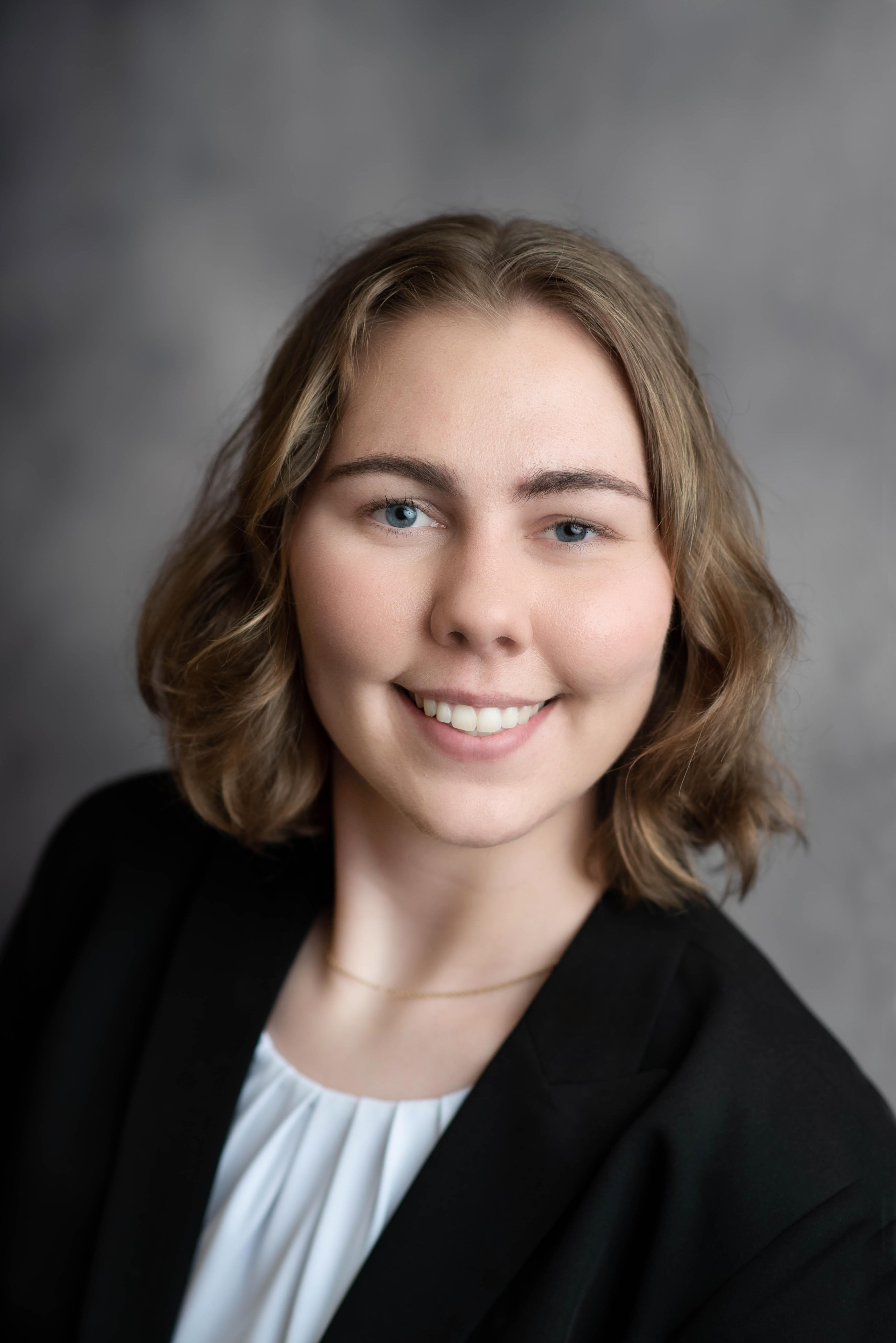by Meredith Adams, MS4
“My best friend committed suicide.” It was these words that informed me of my first patient death. I wasn’t there. I didn’t perform CPR to try to save his life. He died outside of my care, but it still hit me hard. I had taken care of him for two weeks while on the inpatient psych unit. We spent hours talking about music, books and his plans for the future. I almost broke down right there, but I had a job to do. The patient in front of me, a friend of who had died, needed me to be there not as a doctor but as someone to listen. He needed someone to talk about the joys and good times with his friend. As we sat and talked, I lost the feeling of guilt that first overwhelmed me, replaced by the simple comfort of being able to have played even a small role in the lives of these two wonderful men.
This first brush with the loss of a patient showed me the beauty of community medicine, and how one can at once support and be supported by patients. It is these relationships where you are not just someone’s doctor, but also a neighbor and fellow community member, that feel the most meaningful to me. They are what I strive to create as a future physician. I did not come into medical school knowing what kind of doctor I wanted to be. I enjoyed learning about all medicine, except for maybe the kidneys, they are confusing little organs. Entering third year, I answered every query of what specialty do you want to go into with “I’m not sure yet.”
Then, I lost my patient on my third week of my first clerkship and my mindset changed. I was no longer choosing a specialty based on which body system I preferred to learn about, but by which specialty gave me the best chance to know someone. My next rotations gave me fleeting glimpses of the relationships I desired: seeing a patient with osteomyelitis over multiple days in the clinic, watching another patient bring gifts for a provider’s fundraiser, or following a mother for four days in labor and delivery.
It wasn’t until I met a family medicine resident that I realized rotations are a snapshot of the patient physician relationship taken without context. The hours she spent talking with me about her experience taking care of a patient before, during and after pregnancy showed me what life as a family medicine resident could be like. I was hooked. That was exactly what I had been searching for. Family medicine could provide the continuity and sense of community that I so desired.
Figuring out how things work and why they fail is my great fascination in life. It compelled me to study engineering and ignited a love for research that I have carried throughout my academic career. In my second year, I spent months in the research lab tending to cells trying to work out why they were acting certain ways in different environments. While I enjoyed my time in the lab, basic science and engineering felt so far from the people whose lives I was trying to impact. I wanted to study things that were affecting them now. This is when I stumbled into the realm of public health research. It felt relevant and imminent, like my work could help my community and make meaningful change in months rather than decades.
Public health research and family medicine go hand in hand in their desire to prevent disease rather than simply treat it. I hope to combine both in my future practice to not only improve the health of my patients but also the community at large. The Integrated Medical School and Family Medicine Residency Program (TIP) will allow me to pursue the two things I have fallen in love with in medicine: patient relationships and public health research. =
Rather than fleeting one-month rotations the TIP program will allow me to have longitudinal relationships with patients that I can carry into residency. It fosters additional study in research and public health two areas in which I am passionate. My goal as a future family medicine physician is to be there for my patients during both the happiest moments of their lives and the saddest ones, working to keep them healthy and giving them a sense of community in my practice.

